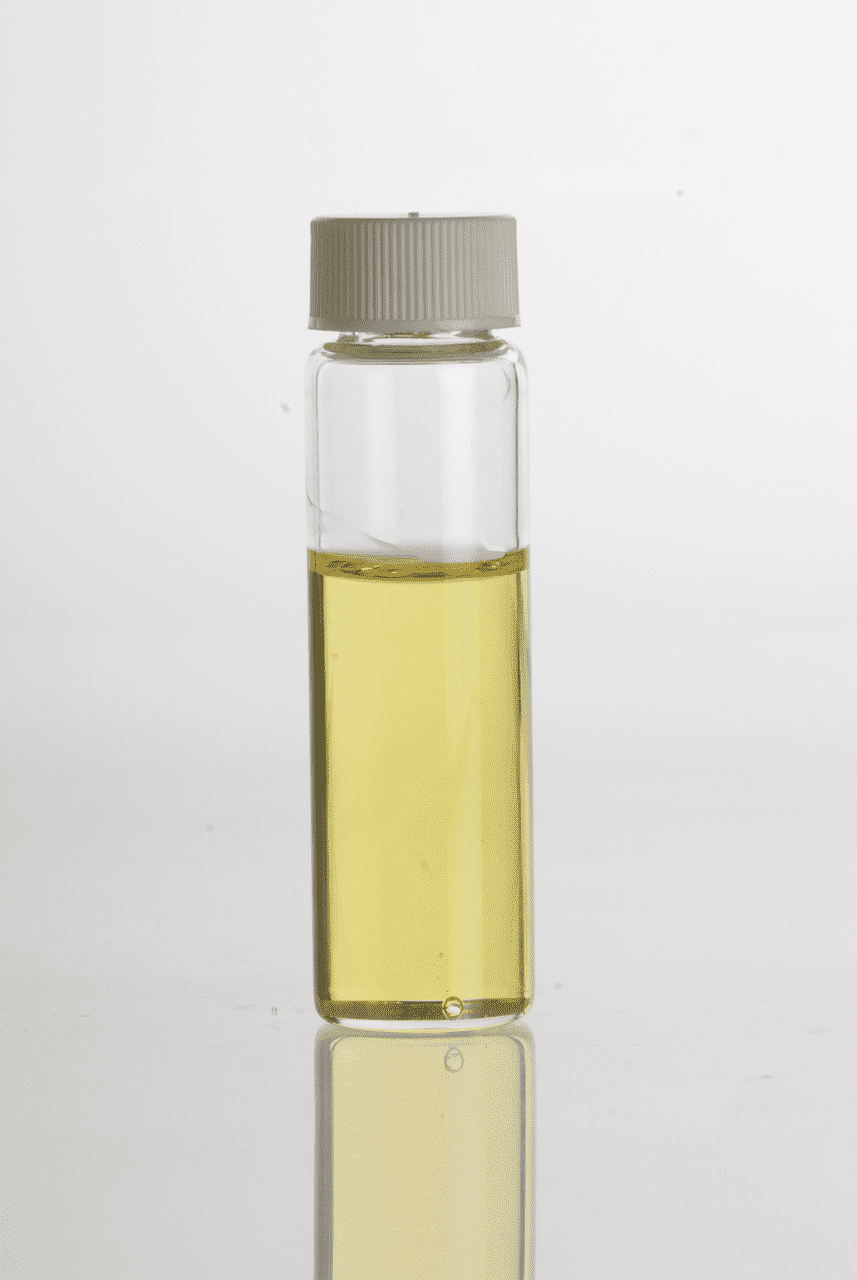Peatfan19
Member
- Joined
- Jan 28, 2018
- Messages
- 40
Hi guys.
Recently been having extreme dry skin especially on my face. Trying to figure this out through nutrition but in the mean time desperate for some relief! From research it seems that squalane from olive oil is the best source.
Looks like this is the best one I can get: Emolliating Olive Squalane O7
Would it be true that every single squalane is 100% saturated including the one I linked above?
Do you guys think it is the best option for skin?
Would it be safe to apply this to the head of the penis? And around that area? Without no hormone disruption whatever..?
Thanks guys
I have been suffering from dry skin most of my adult life, and recently started using wheat germ oil with remarkable results. My skin has acquired a softness, suppleness and radiance I didn't realise was possible for someone in his late 40's (male), and the lines and wrinkles have been dramatically softened. This is likely due to the anti-oxidative and rejuvenating properties of the high Vitamin E content of WGO. WGO also contains a reasonable amount of squalene, as per below:
MDPI | Error 404 File not found ("Biological and pharmacological activities of squalene and related compounds: potential uses in cosmetic dermatology.")
I am however not sure what the risks are (if any) of topically applying a product with a high PUFA content (54.8 g of total omega-6 fatty acids per 100g of WGO, mostly Linoleic Acid) to the skin, any ideas would be appreciated.

